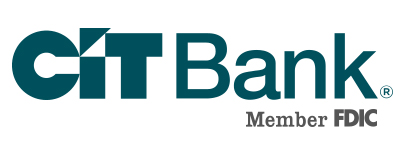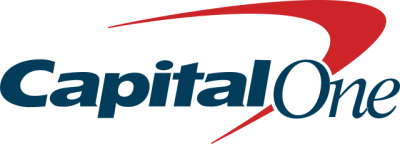Pros:
- No required balance or account fees
- High account interest rates
- Variety of terms lengths of CDs
- Personal loans available
Cons:
- Only savings account and CDs offered
- Must link accounts to another bank
- No ATM or debit card offered
- Opening balance for CDs is $500
Pros:
- Low opening required amounts
- Competitive interest rates on accounts
- Variety of accounts offered
- Free ATM transactions and fee refunds
Cons:
- Accounts have monthly fees
- Savings have high required daily balances
- CD early withdrawal penalties are high
- Excessive withdrawal fee high
There is no required amount to open the account or to keep in the account. Marcus does not have monthly maintenance fees. You start earning interest on anything over $1 in the high yield savings account.
Marcus offers very competitive interest rates on their savings account and CD accounts. The interest rates are competitive with other online-only accounts. They are much higher than your typical bank rates.
Many different term lengths of CDs are available. Marcus offers nine different CD term lengths from six months to six years. The longer the term, the higher interest rate you earn. All the CD interest rates are very competitive with other online-only banks.
The personal loans offered through Marcus do not have fees. The loans are a fixed-rate interest loan. You can borrow up to $40,000. These loans can be to consolidate debt or for home improvement projects. The loans range in length from 36 to 72 months.
Marcus only offers deposit accounts of CDs and a high yield savings account. Checking accounts, money market accounts, and business accounts are not offered.
Since Marcus does not offer checking accounts, you cannot transfer money between Marcus checking and savings accounts. The easiest way to deposit money into your Marcus savings account is to link to an external bank account. You can also send a wire or check. Marcus does not charge a fee to send or receive a wire transfer, but the external bank might.
Marcus does not offer an ATM or debit card for the high yield savings account. To access your money, you must transfer the money back into your external bank account. You can also request a wire transfer.
To open any CD with Marcus, $500 is required. That amount opens the CD and is the amount needed to start earning interest. The interest rates vary depending on the term length of the CD. The longer the CD term, the higher the interest rates.
First IB only requires $25 to open the free checking and savings account. The Interest checking, Money Market Savings, and Tomorrow's Tycoons require $100 to open. CDs required $1,000 to open. The HSA does not have a required amount to open.
First IB accounts earn competitive interest rates. The account rates are competitive with other online-only accounts. To earn the best rate for the checking account only requires $500 in the account. The savings accounts do not have a set limit to earn the competitive interest rates.
A variety of accounts are available through First IB. The accounts include:
- Free checking
- Interest checking
- Money Market Savings
- Free savings
- CD terms from three to 60-months
- Health Savings Account
- Tomorrow's Tycoons savings account for children
- Coverdell Education Savings account
- IRA accounts
- Credit cards, personal, student, and auto loans
- Home equity loans and mortgages
- Business checking, savings, and CDs
- Business lending options
First IB is a member of the ATM Plus network, giving you access to millions of ATMs across the U.S. Certain accounts with First IB reimburse up to $10 each month in ATM fees. The Interest checking, money market, and regular savings offer the reimbursement option.
Most First IB accounts have a monthly fee. The fees range from $2 to $10 each month. Waive the fees by keeping an average daily balance in the accounts. The required balances vary between accounts.
The First IB Money Market Savings account requires a daily balance of $4,000 to avoid the monthly fee. The Interest checking account requires $500 to avoid the fee. Free savings and checking accounts do not have a required balance to avoid the monthly fee.
The early withdrawal penalty for First IB CDs are high. CD terms for three-months requires 90 days of interest. Terms from six to 18-months require 180 days of interest. The fee for CD terms over 24-months is 360 days of interest.
The government limits the withdrawals from savings accounts to six per month. The excessive withdrawal fee for First IB accounts is $30 per extra transaction, which is higher than other banks. The withdrawals restrictions apply to the money market and Free savings accounts.


